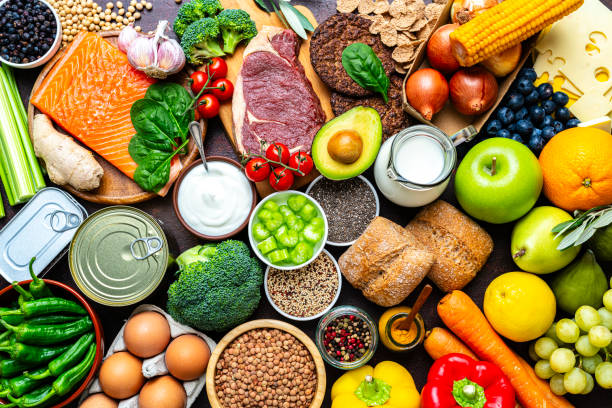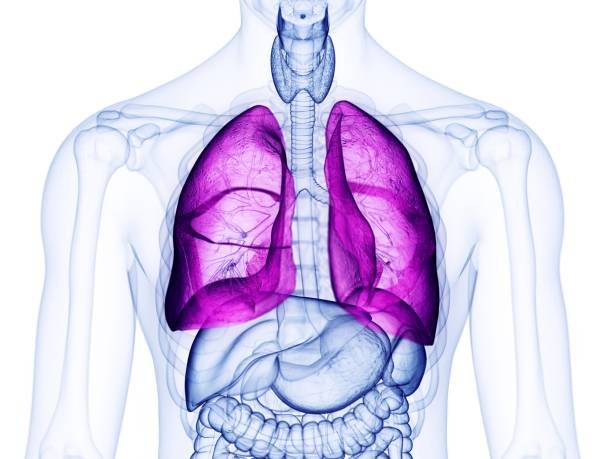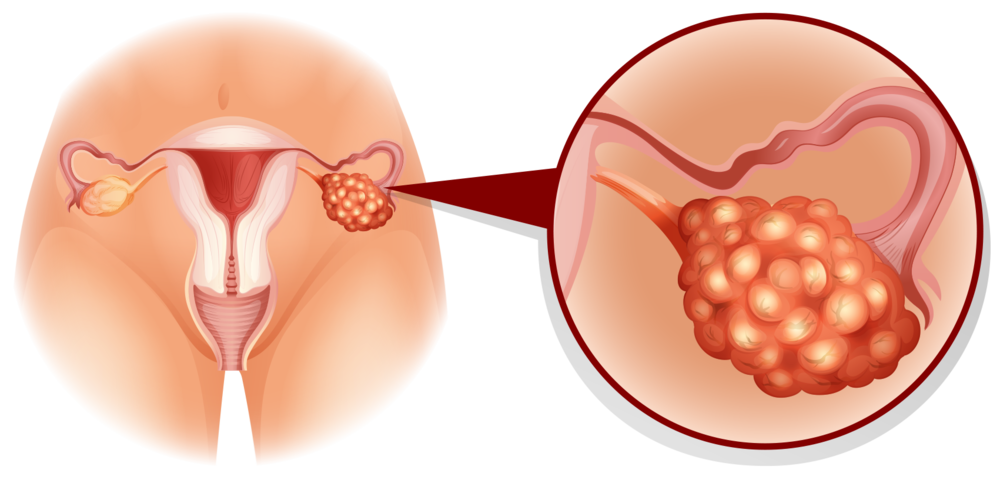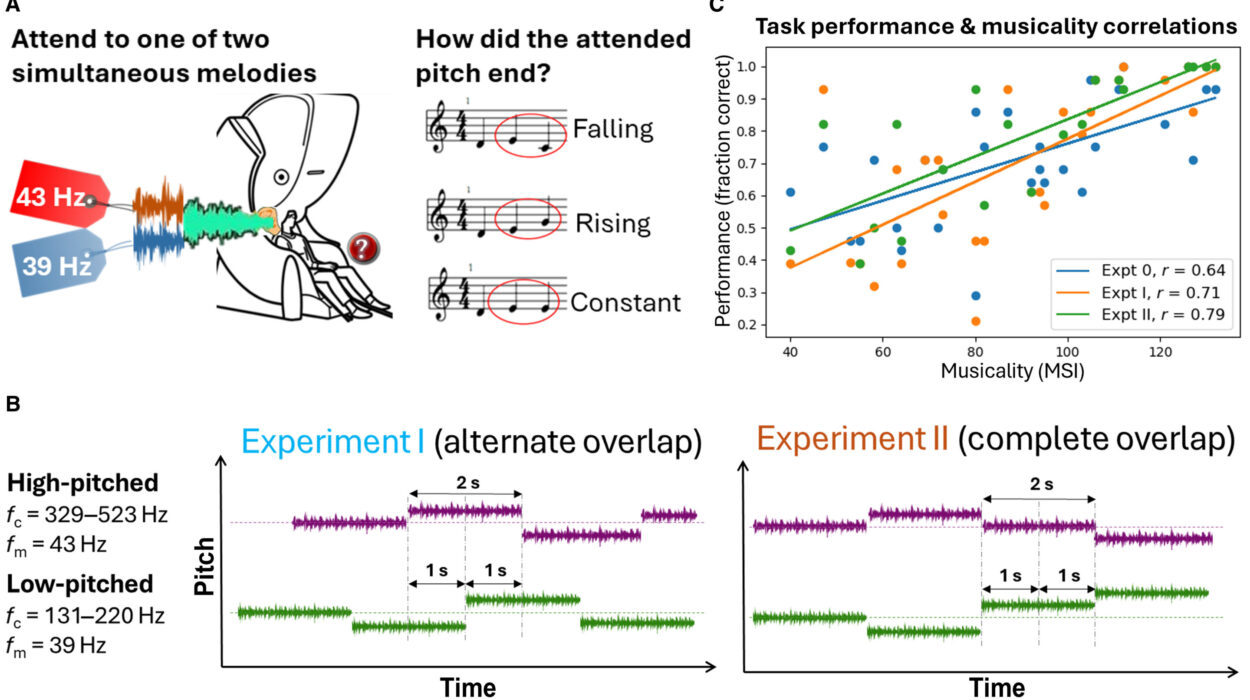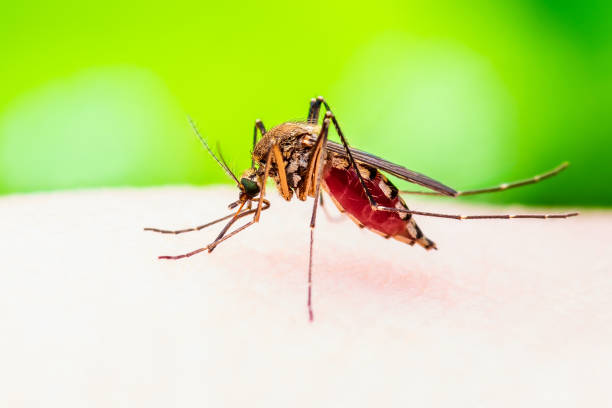Hormones are the unsung conductors of your body’s internal orchestra. From the moment you wake up to the time your head hits the pillow at night, hormones are hard at work. They regulate your mood, your energy levels, your hunger, your sleep, your fertility, your metabolism, your skin—and almost every major function you can think of. They are biochemical messengers, intricately orchestrated by glands in your endocrine system, and their balance is essential for a healthy life.
Yet, despite their importance, hormones are incredibly sensitive. The modern lifestyle—rich in processed foods, artificial additives, chronic stress, and environmental toxins—often throws them off-kilter. The result? Mood swings, fatigue, weight gain, acne, irregular periods, sleep troubles, and even long-term conditions like PCOS, thyroid issues, and insulin resistance.
The good news is that you don’t always need a prescription to support hormonal harmony. Nature has already written the script in the form of whole, nutrient-rich foods that speak directly to your endocrine system. By aligning your diet with your hormones, you can begin to support your body’s natural intelligence and unlock a vibrant, balanced version of yourself.
How Food Talks to Your Hormones
What you put on your plate becomes raw material for hormone production. Every hormone your body creates—from estrogen to insulin to cortisol—requires specific nutrients as building blocks. Protein, healthy fats, vitamins, minerals, and even phytonutrients all play starring roles in this behind-the-scenes drama.
When you feed your body whole foods, you’re feeding your hormones the ingredients they need to work efficiently. You’re giving your liver what it needs to detox excess estrogen, your adrenals the nutrients to manage stress, and your pancreas the support to regulate blood sugar.
Food is not just fuel; it’s also information. And in the world of hormones, the messages your meals send are powerful. Eat the right foods, and you tell your body: “You’re safe, you’re supported, you can thrive.” Eat the wrong ones, and your body senses chaos—and your hormones scramble to adapt.
The Role of Blood Sugar in Hormonal Balance
At the heart of hormone regulation lies blood sugar balance. This often-overlooked factor affects a cascade of hormonal processes. When you eat refined carbohydrates and sugars, your blood sugar spikes. In response, your body releases insulin to bring those levels back down. If this happens repeatedly, it leads to insulin resistance—a condition where cells become less responsive to insulin’s signals.
Why does this matter? Because insulin is not just about blood sugar—it’s a master hormone that influences others, including estrogen, testosterone, and cortisol. Imbalanced insulin levels can lead to increased belly fat, irregular cycles, fertility problems, and inflammation.
Stabilizing your blood sugar by choosing foods with fiber, healthy fats, and protein can help reset this chain reaction. When your blood sugar is steady, your hormones can communicate more effectively. You’ll feel more energized, focused, and emotionally grounded.
Fat is Not the Enemy—It’s a Hormonal Hero
For decades, fat was demonized in the nutrition world. But in the context of hormonal health, fat is essential. Your body needs dietary fat to produce steroid hormones like estrogen, progesterone, and testosterone. Fat also helps you absorb fat-soluble vitamins like A, D, E, and K—nutrients that directly influence endocrine function.
Not all fats are created equal, though. Trans fats and highly processed vegetable oils create inflammation and interfere with hormonal signaling. On the flip side, omega-3 fatty acids, monounsaturated fats, and cholesterol-rich foods like eggs and grass-fed butter support brain health, hormone production, and cell membrane integrity.
A diet that embraces the right kinds of fat is one that honors your hormones. Your skin will glow, your mood will lift, and your periods will thank you.
Estrogen: The Delicate Balancing Act
Estrogen is often labeled the “female hormone,” though it’s present in both men and women. It’s essential for reproductive health, bone strength, brain function, and even cardiovascular wellness. But estrogen must be kept in balance—not too much, not too little.
Many women today suffer from a condition known as estrogen dominance. This means there’s too much estrogen circulating relative to progesterone. Symptoms can include heavy periods, bloating, mood swings, breast tenderness, and even an increased risk of certain cancers.
Your liver and gut are responsible for metabolizing and eliminating excess estrogen. Foods that support detoxification—such as cruciferous vegetables (like broccoli, kale, and cauliflower)—contain compounds that help your liver process estrogen more efficiently. Fiber from whole grains, fruits, and vegetables also plays a role by binding to estrogen in the gut and escorting it out of the body.
Fermented foods help nourish the gut microbiome, which influences how estrogen is recycled. A healthy microbiome ensures that estrogen isn’t reabsorbed into your bloodstream but is instead excreted properly. That’s one more reason to load up on sauerkraut, kimchi, and kefir.
Cortisol: Calming the Stress Hormone
Cortisol is your body’s primary stress hormone. In small doses, it’s life-saving—it helps you react to danger, regulate your circadian rhythm, and mobilize energy. But when stress becomes chronic, cortisol stays elevated, which wreaks havoc on your hormonal ecosystem.
High cortisol levels interfere with progesterone production, increase belly fat, raise blood sugar, and contribute to insomnia and anxiety. Left unchecked, this hormonal imbalance can exhaust your adrenals and lead to burnout.
Food can play a powerful role in calming cortisol. Magnesium-rich foods like leafy greens, avocado, and dark chocolate help relax the nervous system. B vitamins from whole grains and legumes support adrenal function. Adaptogenic herbs like ashwagandha and holy basil—while not “foods” in the traditional sense—can be consumed as teas or supplements to buffer the effects of stress.
Even how and when you eat can affect cortisol. Skipping meals, over-caffeinating, and eating under stress all send cortisol through the roof. A nourishing, warm meal eaten slowly and mindfully does the opposite—it signals safety and calm to your nervous system.
Thyroid Health and the Power of Iodine, Selenium, and Zinc
Your thyroid is a butterfly-shaped gland that governs metabolism, energy, and temperature regulation. When your thyroid is sluggish, everything slows down: your weight creeps up, your skin becomes dry, your thoughts feel foggy, and your cycle may become irregular.
The thyroid relies on specific nutrients to function properly—chief among them are iodine, selenium, and zinc. Iodine is the raw material for thyroid hormone production and is found in sea vegetables like kelp, dulse, and nori. Selenium helps convert inactive thyroid hormone (T4) into its active form (T3) and is abundant in Brazil nuts, eggs, and sunflower seeds. Zinc, found in pumpkin seeds, oysters, and legumes, supports hormone receptors and immune health.
Crucially, a balanced diet—not one overloaded with processed goitrogens or soy—is essential for protecting the thyroid from autoimmune triggers and environmental disruptors.
Progesterone: The Soothing, Supportive Hormone
Progesterone is the yin to estrogen’s yang. While estrogen is stimulating and proliferative, progesterone is calming and nurturing. It prepares the uterus for pregnancy, stabilizes mood, promotes sleep, and counterbalances estrogen’s effects.
Low progesterone is common in today’s high-stress, low-nutrient world. It can manifest as short cycles, anxiety, insomnia, and PMS. Supporting your body’s ability to make progesterone starts with cholesterol and vitamin B6—key building blocks for this hormone.
Foods that gently support progesterone include eggs, grass-fed beef, turkey, spinach, bananas, and sunflower seeds. While no food directly “gives” you progesterone, these ingredients help create the internal conditions your body needs to produce it.
A key tip: progesterone thrives in a low-stress environment. If your cortisol is always competing for the same raw materials, your body will prioritize survival over reproduction every time. That’s why rest, sleep, and emotional nourishment are just as important as dietary ones.
The Gut-Hormone Connection
Your gut isn’t just a digestion center—it’s a hormone powerhouse. Inside your intestines lives the estrobolome, a collection of bacteria that specifically modulates estrogen. The health of your gut microbiome plays a direct role in hormonal balance.
An imbalanced gut can lead to reabsorbed estrogen, chronic inflammation, and impaired detoxification. Supporting gut health with prebiotics, probiotics, and fiber-rich foods is essential for hormone regulation.
Foods like garlic, onions, asparagus, leeks, artichokes, and oats help feed the beneficial bacteria. Fermented foods introduce new microbial strains, and collagen-rich bone broth supports the gut lining, reducing permeability and lowering inflammation.
Gut health also affects serotonin production—over 90% of which is made in the gut. Since serotonin is a precursor to melatonin (your sleep hormone), the gut indirectly impacts your circadian rhythm and overall hormonal cascade.
Menstrual Cycles and Cyclical Eating
Women’s hormones follow a rhythmic cycle that shifts each month. Eating in alignment with your menstrual phases—known as cyclical eating—can help support the hormonal shifts that naturally occur.
During the follicular phase (after your period), energy and estrogen rise. This is a great time to eat lighter, fiber-rich foods like salads, fresh vegetables, and legumes to support detoxification.
Ovulation is a time of peak fertility and energy. It’s ideal for antioxidant-rich foods like berries, cruciferous vegetables, and lean protein.
The luteal phase requires more complex carbs and healthy fats to support progesterone and energy. Root vegetables, quinoa, and avocado become your best friends here.
During menstruation, your body benefits from warming, mineral-rich foods like bone broth, dark leafy greens, red meat, and iron-rich legumes. These help replenish nutrients lost through bleeding and provide comfort.
The Role of Phytoestrogens and Hormonal Modulation
Some plant foods contain compounds that mimic estrogen in the body—these are called phytoestrogens. Found in foods like flaxseeds, lentils, chickpeas, and soy, phytoestrogens can have a balancing effect. They can bind to estrogen receptors, potentially reducing the impact of excess estrogen.
This is particularly helpful during perimenopause, when estrogen begins to fluctuate wildly, or in conditions like PCOS and endometriosis, where estrogen imbalance plays a role. Flaxseeds, in particular, are rich in lignans—phytoestrogens that help bind to and excrete harmful estrogen metabolites.
However, moderation is key. Whole food sources of phytoestrogens are safe and beneficial, but highly processed soy products may have the opposite effect.
Hydration and Hormonal Fluidity
Water might seem basic, but it’s one of the most overlooked elements of hormonal health. Hormones are transported in your bloodstream, and dehydration makes this delivery system sluggish. Water is also essential for kidney and liver detoxification—both of which help metabolize and clear hormones from the body.
Adding electrolytes—like potassium, sodium, and magnesium—from sources like coconut water, leafy greens, and sea salt can further support cellular hydration. Herbal teas like nettle, red raspberry leaf, and peppermint not only hydrate but also provide minerals and hormone-balancing phytochemicals.
When your cells are hydrated, they communicate better. That means your hormones do, too.
Cravings, Emotions, and Intuitive Eating
Hormonal shifts can create intense cravings—chocolate during PMS, carbs during menstruation, or caffeine during burnout. These cravings are your body’s way of signaling a need, though often misinterpreted or suppressed.
Instead of fighting cravings, learn to decode them. A chocolate craving may signal a magnesium deficiency. A need for carbs may point to low serotonin or falling progesterone. Tuning into your body and responding with nourishing options—rather than restricting or punishing—leads to a more harmonious relationship with your hormones and your plate.
Intuitive eating is a radical act of self-respect. It’s about recognizing that your body is wise, and its messages deserve attention, not shame.
The Future Is Female—and Hormone-Literate
As science evolves, the importance of hormonal health is finally entering mainstream awareness. Women are learning that their bodies don’t operate like men’s—and that’s a good thing. Hormonal literacy is becoming a cornerstone of self-care, and food is one of the most powerful tools in that journey.
Eating for your hormones is not about perfection. It’s about intention, nourishment, and self-awareness. It’s about choosing foods that love you back and build your body from the inside out.
You don’t need a pharmacy to start feeling better. Sometimes, all it takes is what’s already in your kitchen.
